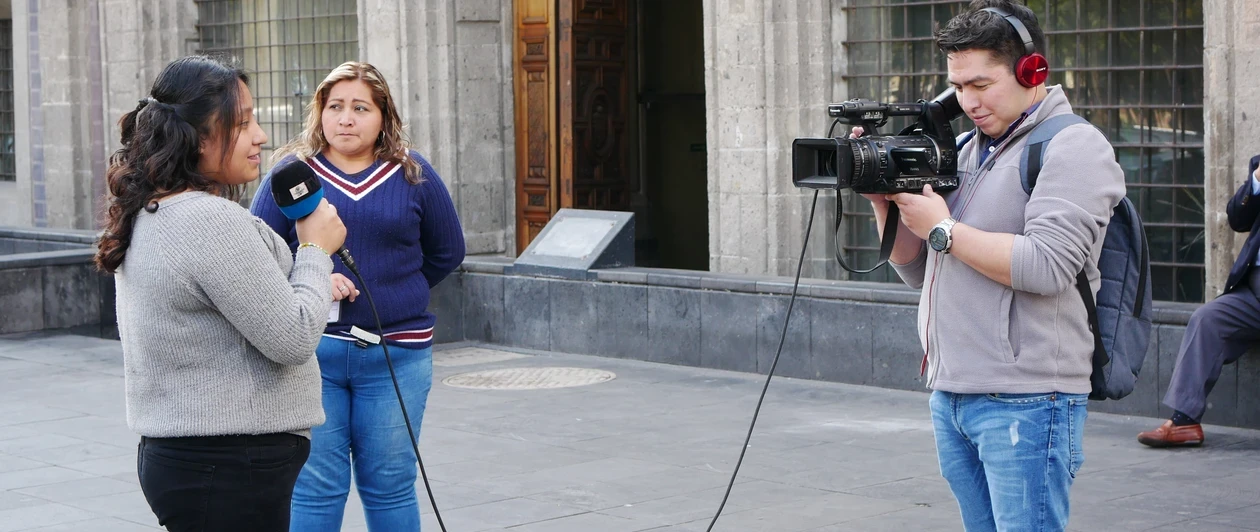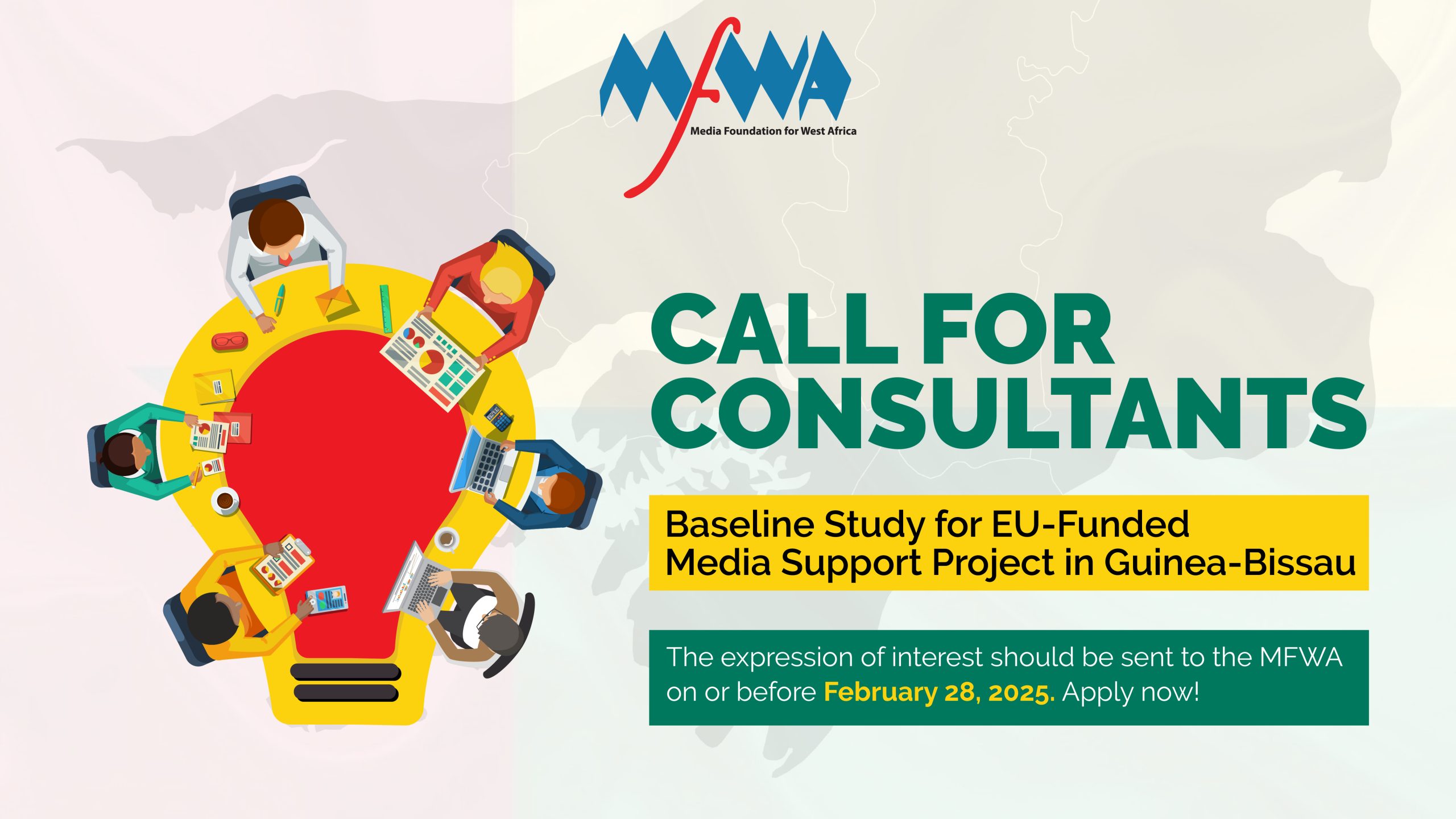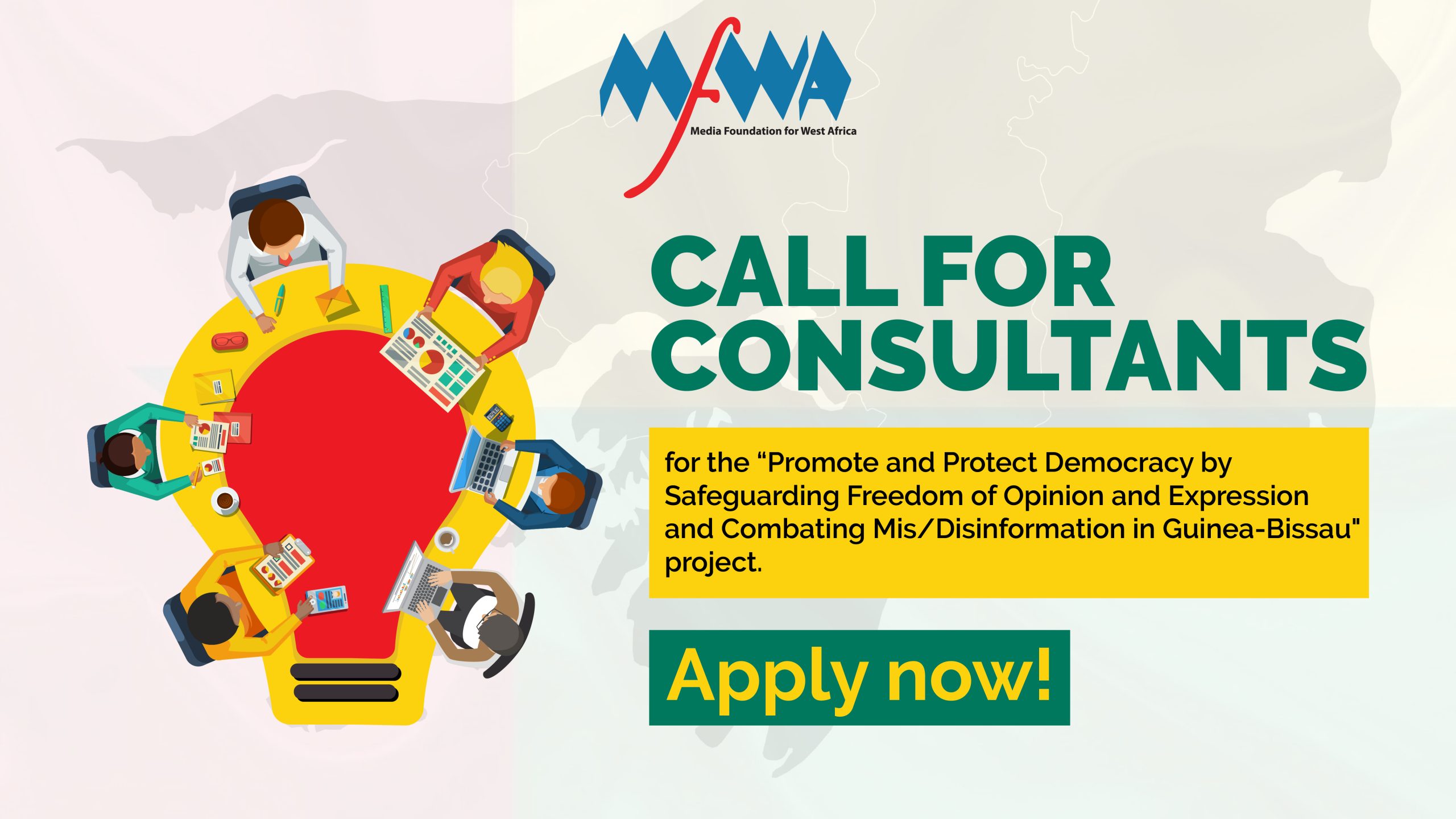EJN is offering reporting grants to Indigenous and tribal journalists globally to support the production of investigative, innovative and/or enterprise reporting on environmental and climate issues.
Please read the following sections carefully, as they contain important information on eligibility and the application process.
Overview
Indigenous-led investigations have reached new heights in recent years; collaborations across continents have produced powerful accountability reporting, while the growth of data sets by Indigenous and tribal journalists has deepened environmental coverage.
Impactful investigations include a global survey of anti-Indigenous movements from Canada to Guam, an in-depth look at neglectful sewage dumping and impacts on fish farmers in Egypt, and an investigation into the public universities profiting from Indigenous ancestral land used for natural resource extraction and other industries.
At the same time, Indigenous data sovereignty—or the rights of Indigenous peoples to own their data and information, from traditional ecological knowledge to health records—means Indigenous communities and tribes are pioneering ways to gather and share data, with Indigenous journalists uniquely positioned to interpret and report this information.
However, more must be done to support Indigenous investigative journalists and media outlets, as they often operate independently, face limited resources and safety threats—or are even denied access to media permits or licensing required to do their work.
To increase Indigenous representation—and by extension, knowledge equity—in environmental reporting, EJN is launching a training program for up to 6 Indigenous journalists looking to investigate and produce stories about these varied issues.
As part of the program, supported by the Wikimedia Foundation, we’ll pair each selected journalist with an Indigenous journalist mentor, facilitate networking opportunities between experts and the selected journalists and offer a story grant of $2,500 to $3,000 each. Selected journalists will also participate in a virtual training program led by veteran media trainers to build their skills in investigative reporting techniques.
Story themes
We welcome story ideas from journalists who identify as Indigenous and/or belonging to a tribe (see the Eligibility section for more information on this) that present investigative, innovative or enterprise angles to underreported climate and environmental issues.
We are particularly interested in stories that:
- Expose governments, corporations and other powerful actors who fail to meet commitments to include Indigenous Peoples or intentionally sideline them as leaders in decision-making around climate and environmental issues;
- Investigate land rights and environmental sovereignty, including historical precedent, legal frameworks and data sovereignty;
- Explore solutions proposed or implemented to curb climate or environmental challenges that may not be serving vulnerable communities or were conducted without their consent;
- Utilize Freedom of Information requests or public data to investigate little-known or covered-up climate and environmental justice issues;
- Develop land or environmental mapping projects or data sets that culminate in an investigative piece.
Proposals that focus on topics or stories that have not been widely covered are preferred. Issues that have already received a lot of media coverage or don’t provide unique angles to environmental challenges are less likely to be selected.
Eligibility
Applicants must self-identify as Indigenous or belonging to a tribe and will be asked to provide details on their Indigenous or tribal affiliations in the application. EJN is utilizing the ILO Convention No. 169 as a baseline for eligibility and will seek to establish a diverse cohort from a wide range of Indigenous and tribal communities and nations.
Applicants can be from anywhere in the world.
Journalists who have previously received Indigenous Story Grants from EJN in 2021 and 2022 are eligible for this opportunity, but preference will be given to those who have not yet received support.
Journalists who are neither Indigenous nor have tribal affiliation are not eligible for this opportunity; however, we will accept applications from pairings or teams of Indigenous and non-Indigenous journalists. In these cases, the Indigenous journalist must be the lead applicant for the application to be considered. Lead applicants are responsible for communicating with EJN and receiving funds on the group’s behalf, if awarded. Please note non-Indigenous journalists are welcome as collaborators in the story grant but will not be eligible to participate in the other networking or training opportunities that are part of this program.
For the purposes of this grant opportunity, we will only be accepting applications in English. Unfortunately, we do not have the capacity to consider applications in other languages at this time. Applicants must have a sufficient understanding of English to participate in the training program, which will be held in English.
Applications are open to journalists working in any medium (online, print, television, radio) and other expert media practitioners with investigative reporting experience and a history of covering environmental issues. We encourage applications from freelance reporters and staff from all types of media organizations—international, national, local and community-based.
Applicants are required to be transparent about the use of generative AI tools, if any, to revise their proposals. EJN reserves the right to disqualify applicants from consideration if they have been found to have engaged in unethical or improper professional conduct, including, but not limited to, submitting AI-generated content as their own.
Please note: For this call, EJN invites applicants to pitch their story ideas in the form of a short video or a written proposal. You may select your preference in the application form.
Story logistics
We expect to award up to 5-6 grants with budgets between $2,500-$3,000 each.
We plan to issue grants in November with the expectation that all stories will be published by July 2025 at the latest. Applicants should consider this timeline when drafting their workplan.
Safety: Journalists reporting on these issues, particularly in territories facing conflict or government crackdowns, may face threats to their physical and digital safety. Applicants should also seek to travel in groups, avoid conflict areas whenever possible and practice digital safety best practices at all times. This guide from Reporters Without Borders and these resources from the Thomson Reuters Foundation are useful aids for journalists developing security plans for reporting.
When developing a pitch for this program, applicants should carefully consider the tools they’ll need to ensure their own safety and security and that of their intended sources. Please include the necessary resources in the budget. Please note safety and security training will be included in the virtual training program.
We also encourage reporters to follow best practices for Covid-19 and other infectious diseases when out in the field so you do not endanger yourself or the people you’re interviewing. If needed, you should include any public health-related costs, such as tests or personal protective equipment, in your budget.
Language of publication: Stories can be produced in any language. However, applicants who intend to write or produce stories in their local language need to also include an English translation. Please include the cost for translation in the budget, if necessary.
Story budget: All applicants are required to provide a detailed budget with justification for the amount requested using the template provided. We ask that the budgets be reasonable and account for costs necessary for reporting, such as travel and accommodation. Please also note on your budget form if you are receiving funding from any other donors for the story.
Generally speaking, applications with smaller budgets will be more competitive, but we will consider larger grant amounts up to $3,000 for stories using innovative, collaborative or investigative approaches that may be more resource-intensive and time-consuming.
We expect that proposals will largely reflect what equipment the applicant already has access to (including cameras, drones, lighting, tripods, etc.) and will not consider budgets that heavily focus on procuring new equipment.
We will consider a stipend for the reporters’ salary, particularly if the applicant is a freelancer. Please estimate the time you’ll need to complete this story and propose compensation you believe reflects a fair market rate. We ask, however, that this comprises no more than 30% of the total budget.
Acknowledgement of EJN support: Published stories and/or broadcasts must disclose EJN support by including this tagline: “This story was produced with support from Internews’ Earth Journalism Network.
Republication rights: Internews’ EJN, its partners and Wikimedia Foundation will be granted rights to edit, publish, broadcast and distribute grantees’ stories freely. In recognizing the importance of knowledge equity and free access to information, EJN and the Wikimedia Foundation encourage selected grantees to license their investigative project through Creative Commons. We recognize that grantees’ media outlets may utilize paywalls or similar subscriber-driven revenue models; if the publishing outlet permits, we would ask that an exception be made for the outputs of this grant to remain freely accessible. Outlets are free to choose any of the six Creative Commons licenses; please let us know at the time of applying whether this raises concerns related to data sovereignty or would be in violation of the publication’s editorial policies.
Judging criteria
Applicants should consider the following points when devising their story proposals.
- Relevance: Does the proposal meet the criteria and objectives of the call? Why does this story matter and to whom? Is the main idea, context and overall value to the target audience clearly defined?
- Angle: If the story has been covered, does your proposal bring new insights to the topic or offer a fresh angle?
- Reach: Does the proposed media outlet have a wide reach? Journalists publishing their work at outlets that typically restrict content behind paywalls are encouraged to secure commitments to publish from additional outlets or request an exception to ensure their EJN-supported story remains accessible to audiences.
- Impact: Does the proposal have a compelling narrative or investigative element that will inform and engage, draw attention, trigger debate and spur action?
- Innovative storytelling: The use of creative approaches, multimedia and data visualization will be considered a plus.
- Plan for timely publication: Reporters, whether freelance or employed at a media outlet, will need to include a letter of support from an editor in their application, committing to publish the stories by July 31, 2025. Extensions can be granted on a case-by-case basis.
Application process
- Click the ‘Apply now’ button at the top of the page.
- If you have an existing account, you’ll need to log in. Since we recently updated our website, you might have to reset your password by clicking the “Forgot password?” link in the log in page. If you don’t have an account, you must register by clicking “Log in” on the top right of the page and click the “Sign up” link at the bottom of the page that opens. Click here for detailed instructions on how to create an account, and here for detailed instructions on how to reset your password.
- If you start the application and want to come back and complete it later, you can click ‘Save Draft.’ To return to the draft, you’ll need to go back to the opportunity and click ‘Apply now’ again to finalise the application.
- Applications should provide a detailed budget in an Excel spreadsheet with justification for the amount requested. Download the budget template now by clicking on this link.
- All applicants will be asked to provide a signed letter of support from their editor, explicitly stating that the media outlet will publish the stories produced as a result of this grant.
- Applicants will also need to submit two samples of stories or links to relevant work.
Note: You’ll be asked to upload these supporting documents once you start the application process, so please have them handy.
If you encounter difficulties with submitting your application or have questions about the grants, please email [email protected]. Do not contact any other Internews email regarding this opportunity, as we will not receive it.
Applications submitted after the deadline will not be considered.
Banner image: A news crew in Mexico / Credit: Thayne Tuason via Wikimedia Commons.
This story is originally published on the website of Earth Journalism Network






